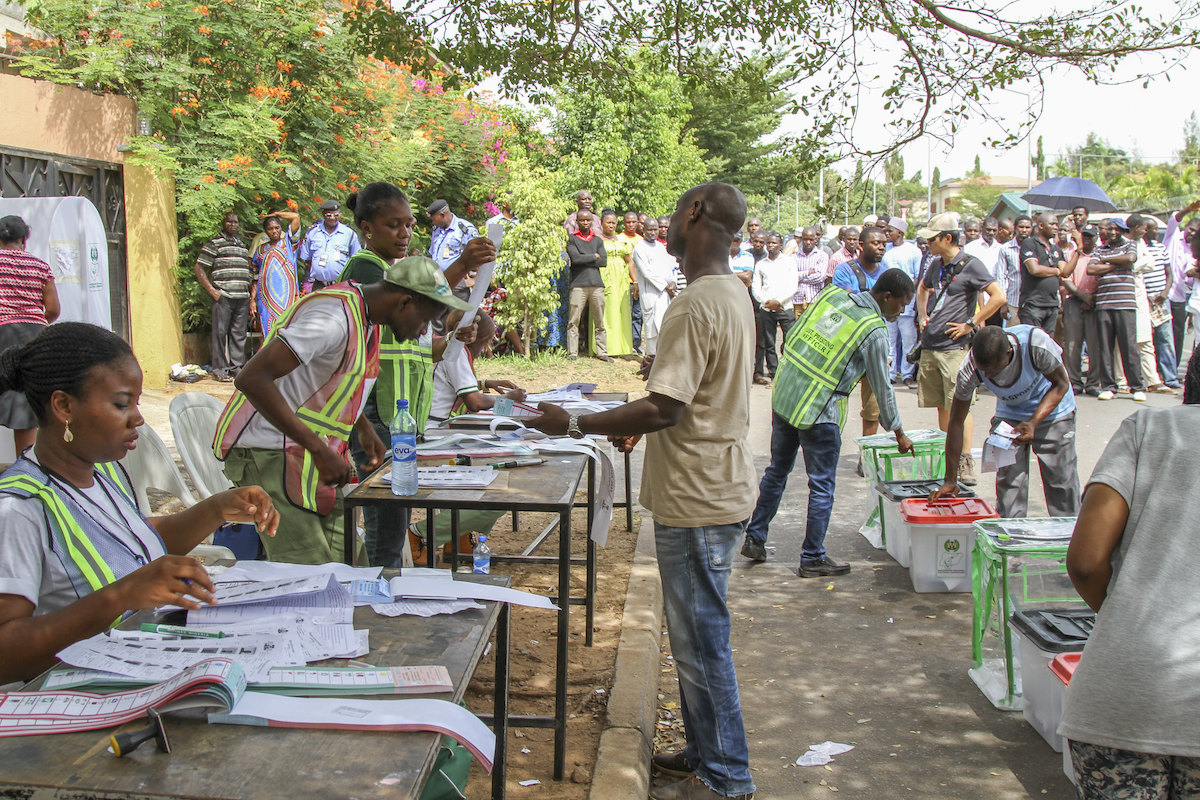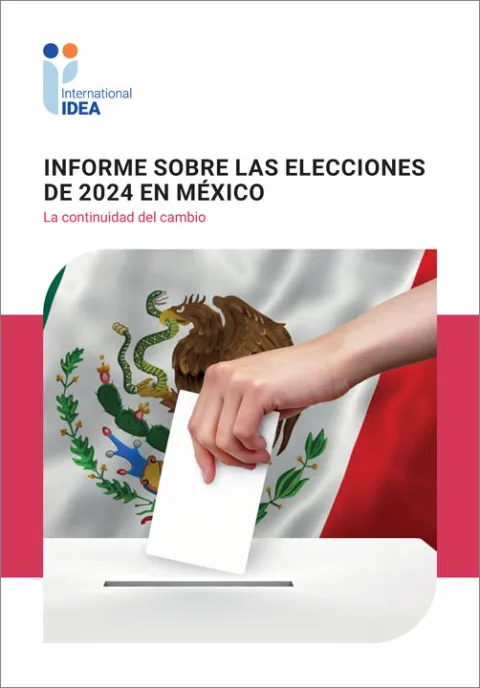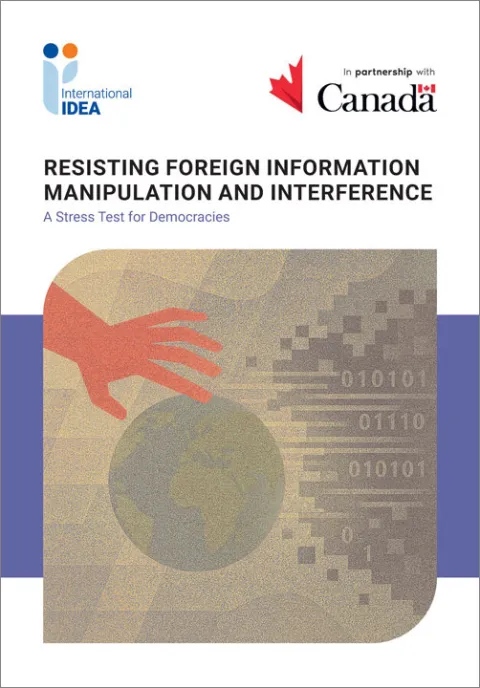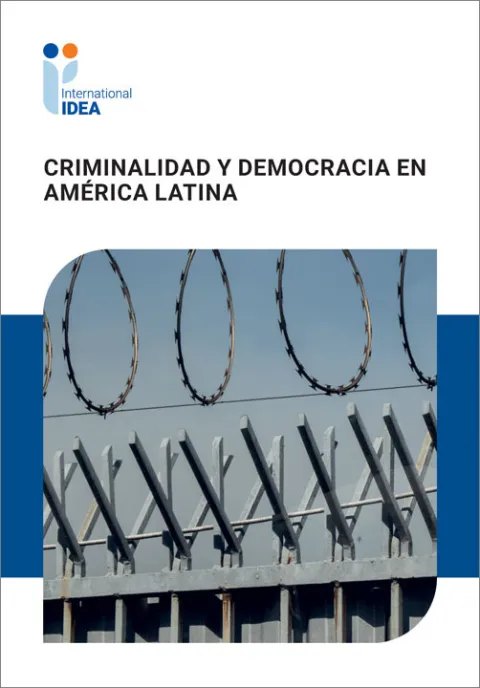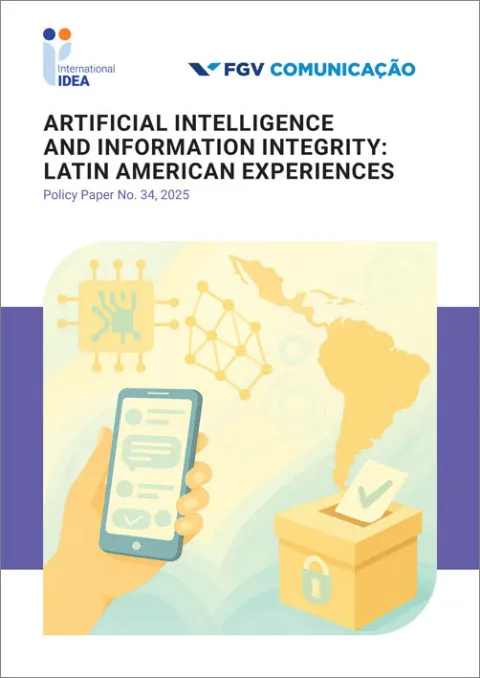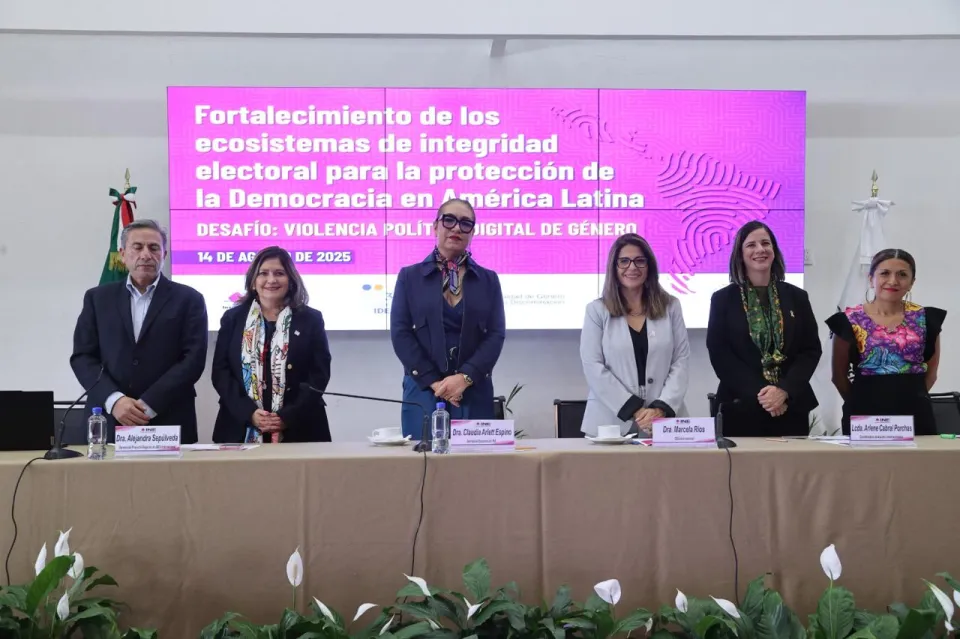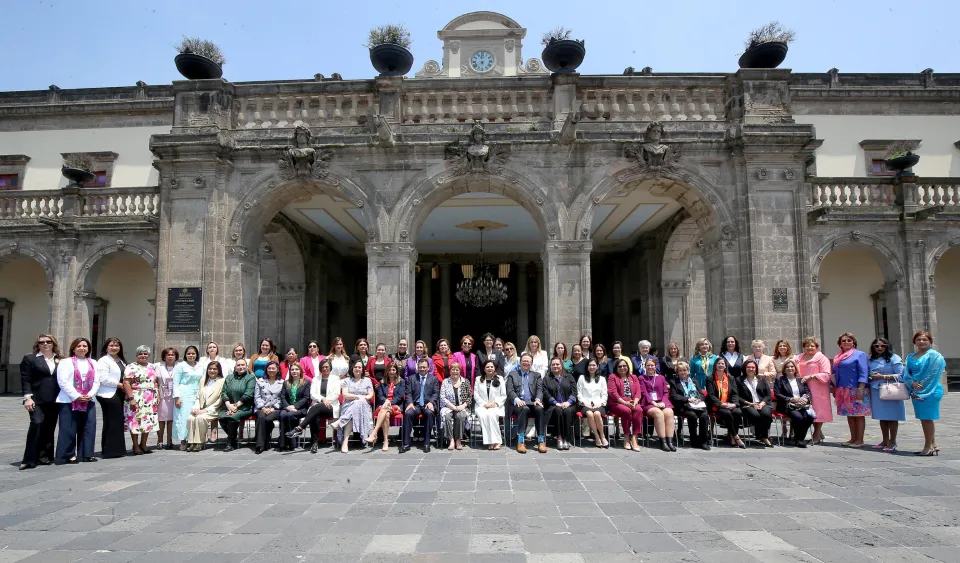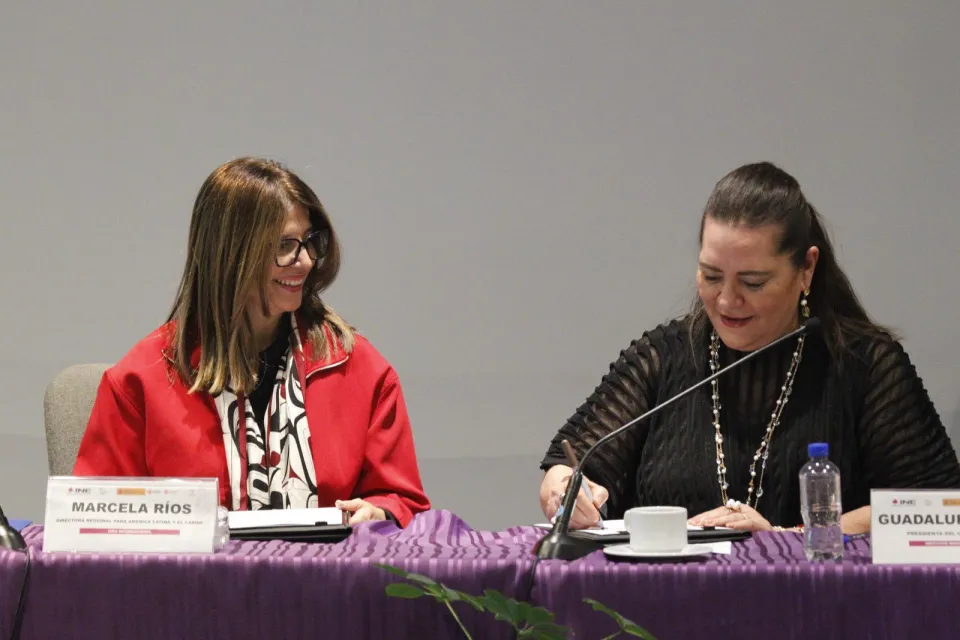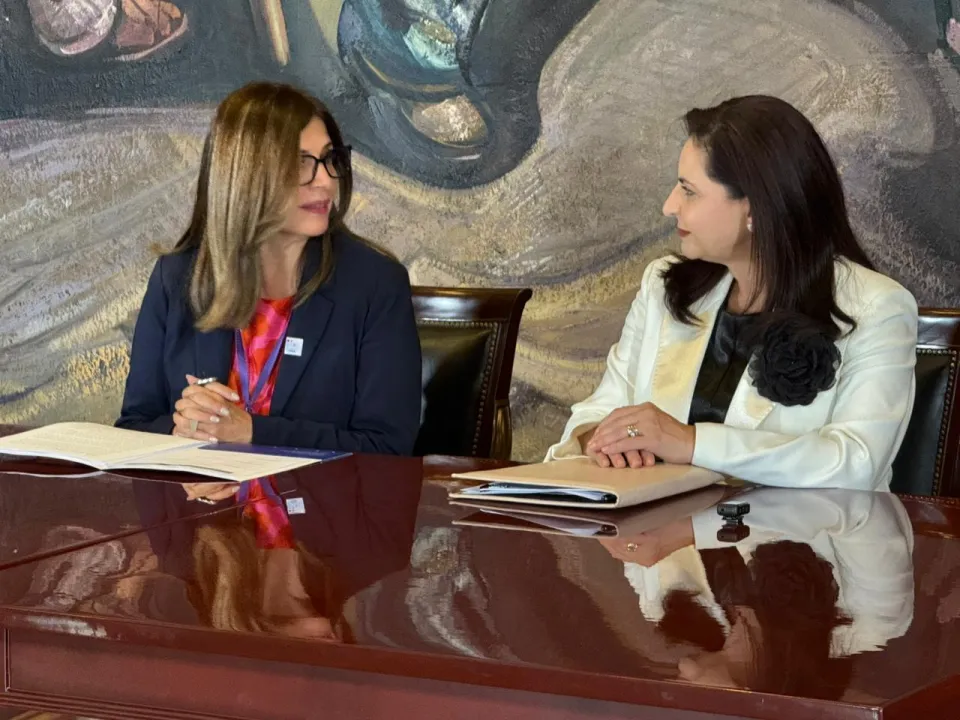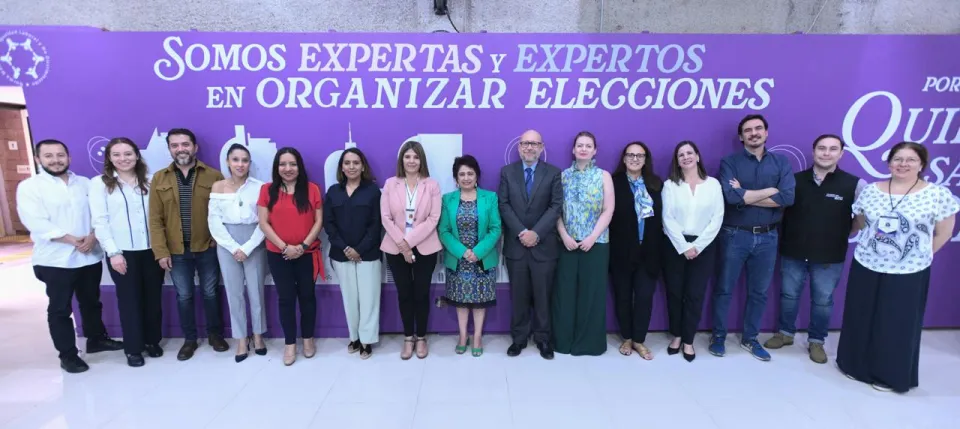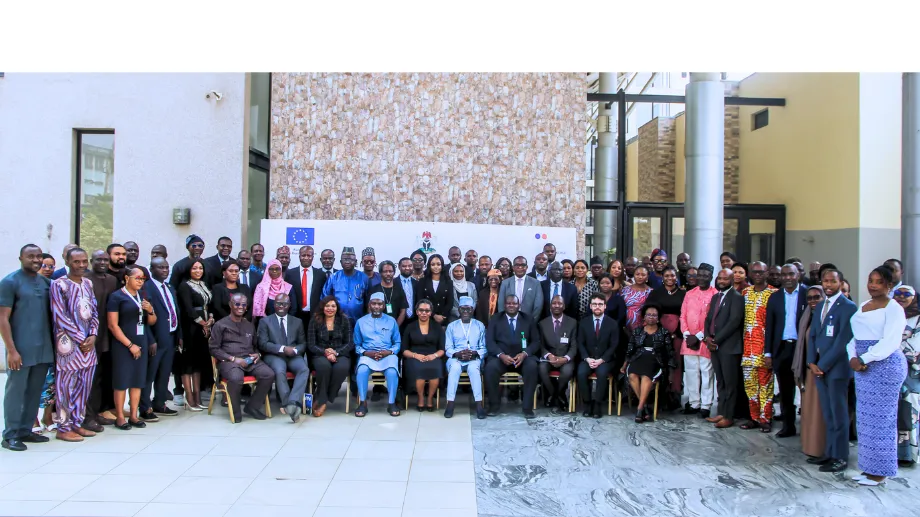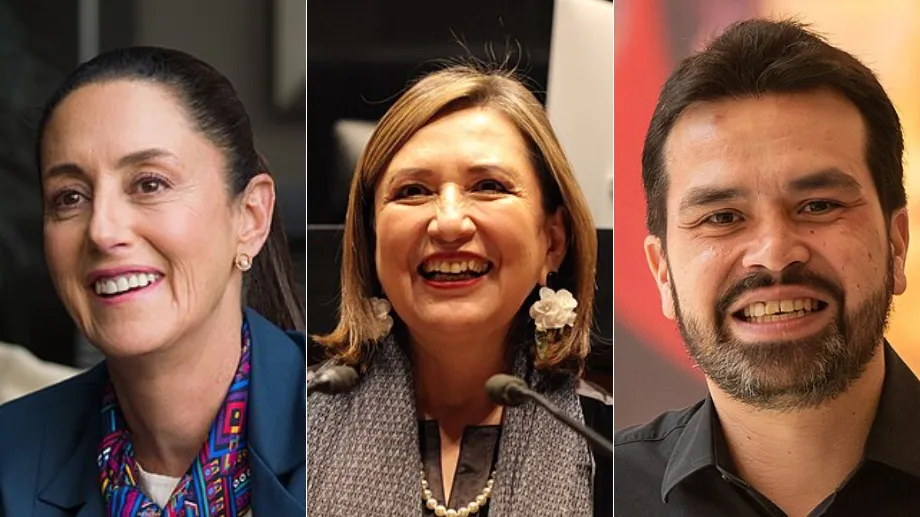Protecting Politics: Deterring the Influence of Organized Crime on Elections
Elections are essential elements of democratic systems.
Unfortunately, abuse and manipulation (including voter intimidation, vote buying or ballot stuffing) can distort these processes. However, little attention has been paid to an intrinsic part of this threat: the conditions and opportunities for criminal interference in the electoral process. Most worrying, few scholars have examined the underlying conditions that make elections vulnerable to organized criminal involvement.
This report addresses these gaps in knowledge by analysing the vulnerabilities of electoral processes to illicit interference (above all by organized crime). It suggests how national and international authorities might better protect these crucial and coveted elements of the democratic process. Case studies from Georgia, Mali and Mexico illustrate these challenges and provide insights into potential ways to prevent and mitigate the effects of organized crime on elections.
Details
Staff author
Contents
Preface
Acknowledgements
1. Introduction
2. Global electoral trends: money and polarization
3. Varieties of illicit electoral practice
4. Additional considerations concerning organized crime in electoral politics
8. Conclusions and recommendations
References
About the editor and authors
About the organizations
Give us feedback
Do you have a question or feedback about this publication? Leave us your feedback, and we’ll get back to you
Send feedbackProtecting Politics: Deterring the Influence of Organized Crime on Elections
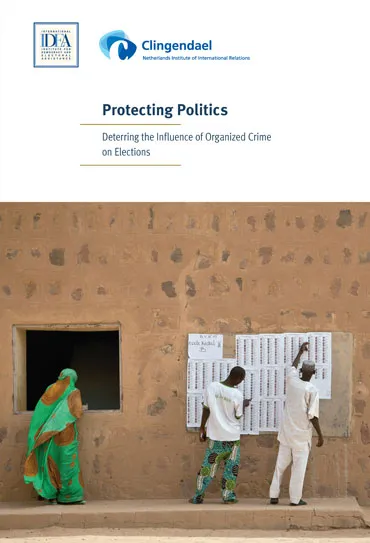
| Total views | 8469 |
|---|---|
| Downloads | 100 |
| Rating |
Staff author
Give us feedback
Do you have a question or feedback about this publication? Leave us your feedback, and we’ll get back to you
Send feedback